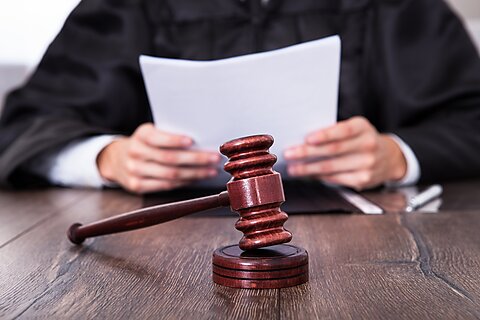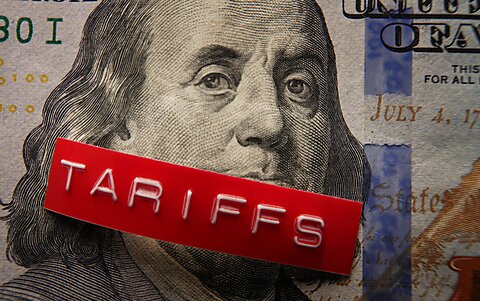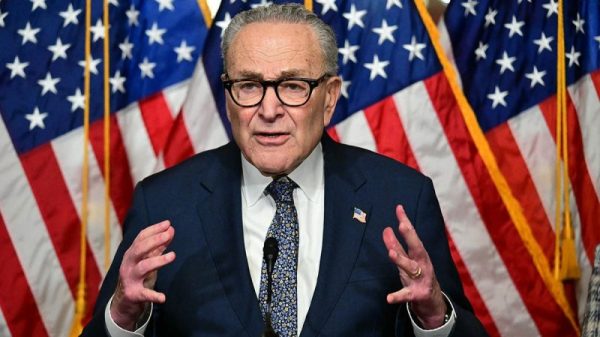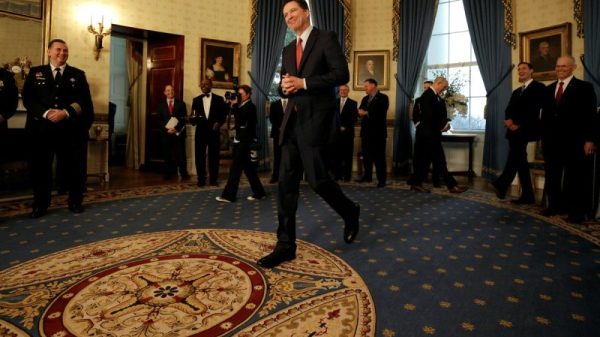The Trump administration is in court regularly with motions seeking injunctions as well as other discretionary court relief, such as stays of rulings against it. Two leading legal scholars, Will Baude and Sam Bray, argue in a forthcoming piece that courts should rebuff some of these moves by applying the famous equitable doctrine of “unclean hands.” (Equity is the branch of judicial power that generally governs court orders as opposed to money damages.)
Courts regularly cite the clean hands doctrine in refusing equitable relief to private litigants, but for various reasons that Baude and Bray explain at length, they’ve applied different and more lenient rules to the government as litigant. They even endorse some of the reasons for treating state actors more leniently: for example, laws passed by Congress sometimes direct the executive branch to behave inequitably, and various issues of agency may stand in the way of imputing one government actor’s deeds to another.
Moreover, they observe, all versions of the doctrine make clear that it does not apply just because a litigant (private or public) may be a habitual offender or even bad in character; particularized unclean hands must be established as to the specific matter under litigation. Being a cheat in general doesn’t trip the wire; trying to cheat in the transaction being sued over does.
Those being the rules, they say, there are some scenarios in which the doctrine should rightly apply to the federal government. One is US v. Russell, now on appeal, in which Trump’s Department of Justice sued all the federal judges in Maryland in their individual and personal capacities, seeking to enjoin a local rule imposing a 48-hour stay of deportations brought before the court.
The key point here, say Baude and Bray, is that the Maryland federal judges adopted the rule specifically in response to the feds’ practice of whisking deportees out of state after they filed papers but before judges could evaluate their rights—a classic instance of inequitable litigation conduct aimed in this case at defeating the court’s power, and thus a classic instance of unclean hands.
Short of such conduct, they say, applicability of the doctrine will vary from case to case, but it may be especially relevant in deportation controversies given the zeal with which the current executive has sought to evade and frustrate court review there. “Available information suggests a particularly open and notorious course of inequitable, disobedient, deceptive, and manipulative conduct in some aspects of the executive’s enforcement of the immigration laws.”
The clean hands doctrine cannot, nor is it meant to, reverse or correct most past injustice, much less punish official wrongdoers; it is a maxim of equity that it does not punish. But it does offer one way for the courts to vindicate their proper constitutional role by refusing to take part themselves in the doing of injustice.


















